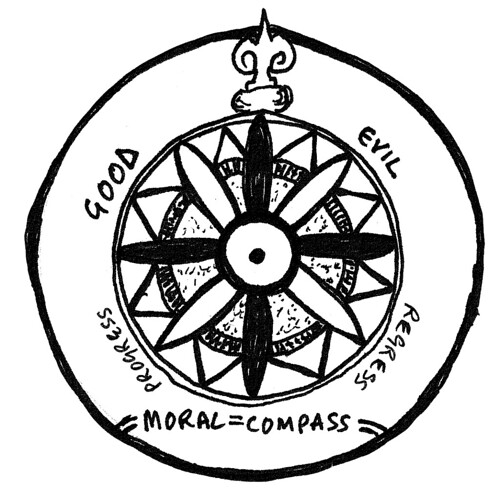Chris Schlosser
5/21/14
Engl161/Oster
Mark Twain and Irony
Throughout Twain’s many works, he uses the tool of irony to emphasize the satire displayed by his characters or in the plot. It brings a very humorous effect to his literature and proves to expose the cynicism in the major themes within the story. By doing this, Twain pushes the reader deeper into the book, complementing satire to point out the hypocrisy.
“‘Most everybody would have a been satisfied with the pile, and took it on trust; but no they must count it. So they counts it, and it comes up 415 dollars short… ‘Hold on,’ says the duke. ‘Less make up the deffisit’-and he began to haul out yaller boys out of his pocket. ‘Its a most amaz’n’ good idea, duke you have got a rattlin clever head on you,’ says the king.”Blest if the old Nonesuch heppin’ us out agin’ and he began to haul out yaller jackets and stack them up.”(Twain 179)
The following passage is from The Adventures of Huckleberry Finn and is a dialogue between the swindling characters, the king and the duke. The setting of this passage takes place shortly after the two have successfully stolen money from the Wilks family and are wanting to count it, however they are 415 dollars short so they decide to put 415 dollars of their own money to “make up the deffisit” only to have all of it stolen from them. The irony is jumping off the page.Twain shows the satire in greed, having the thieves stolen from, after their greed has stopped them from getting away with the money. While having a humorous effect, this form of satire unmasks the consequences of greed. The dialect and Huck, the narrator of the story, look past the underlying irony in the passage as well as the irony in the characters themselves. That is Twain’s purpose for the overall satire in the story, for the characters to overlook the key criticism, and to the look foolish compared to the reader who sees the issues addressed with humor. Looking deeper into the text, we see that the two characters, the king and the duke, have uncapitalized names. The irony in this is that the two are imposters, and though they refer to themselves as titles, both names remain in lowercase displaying a mockery toward the scoundrels. Also, the spelling errors in their dialogue such as the word, ‘deffisit’ shows that the duke and the king are also foolish and don’t realize the possible result of their greed. Lastly, the two reference the Royal Nonesuch again in this passage, “Blest if the old Nonesuch heppin’ us out agin” The Nonesuch is a perfect creation by Twain, just showing how gullible the townspeople really are, as well as society in general. The people do not realize that the mere title of the knock off Shakespearian play, The Royal Nonesuch, displays what they are giving their money to see, absolutely nothing. As we see later, the final showing of the Royal Nonesuch is staged for the two to escape, giving the people what they paid for, nothing. What are some more key examples of irony displayed in Twain’s works that are also used to compliment satire?
